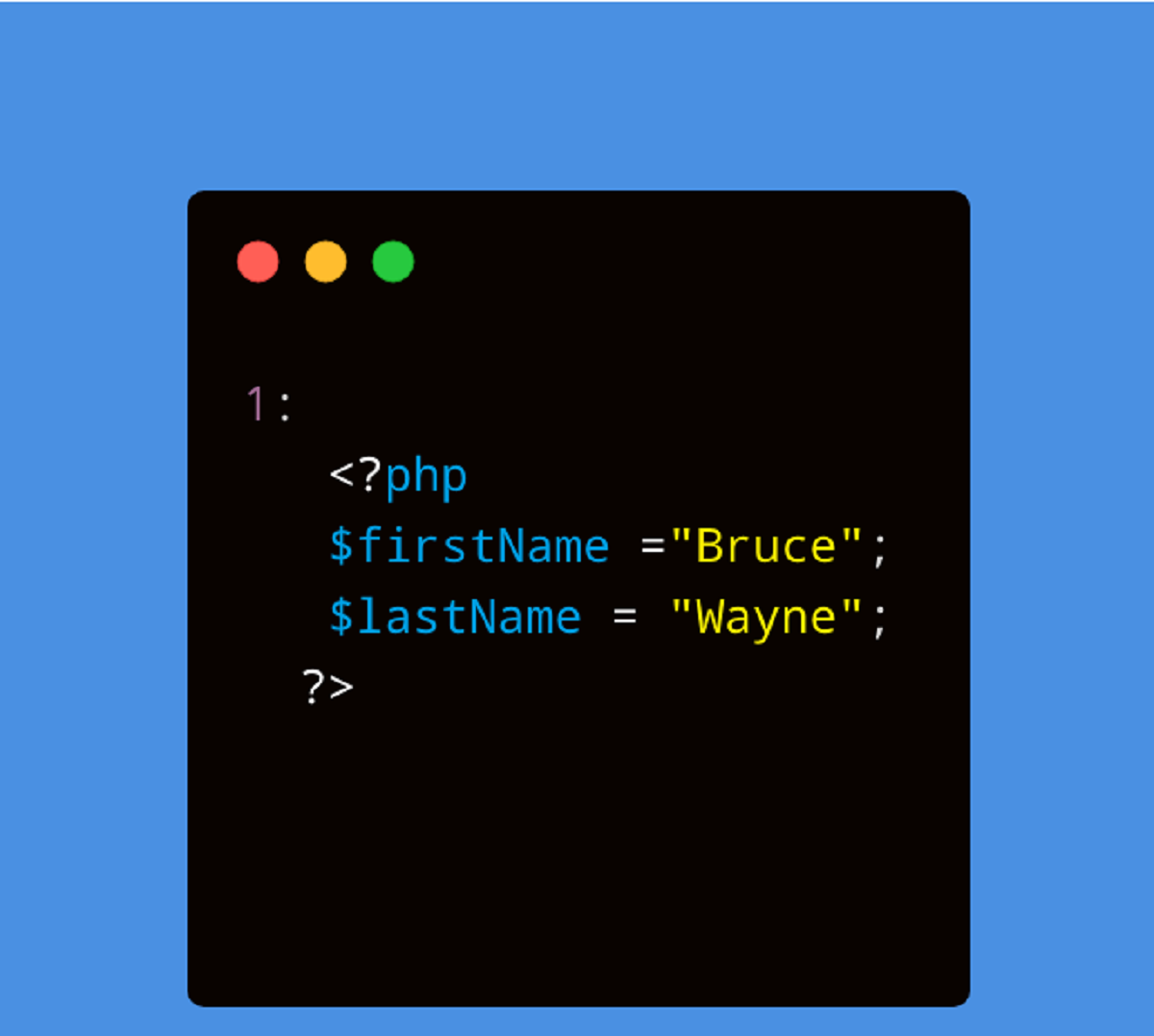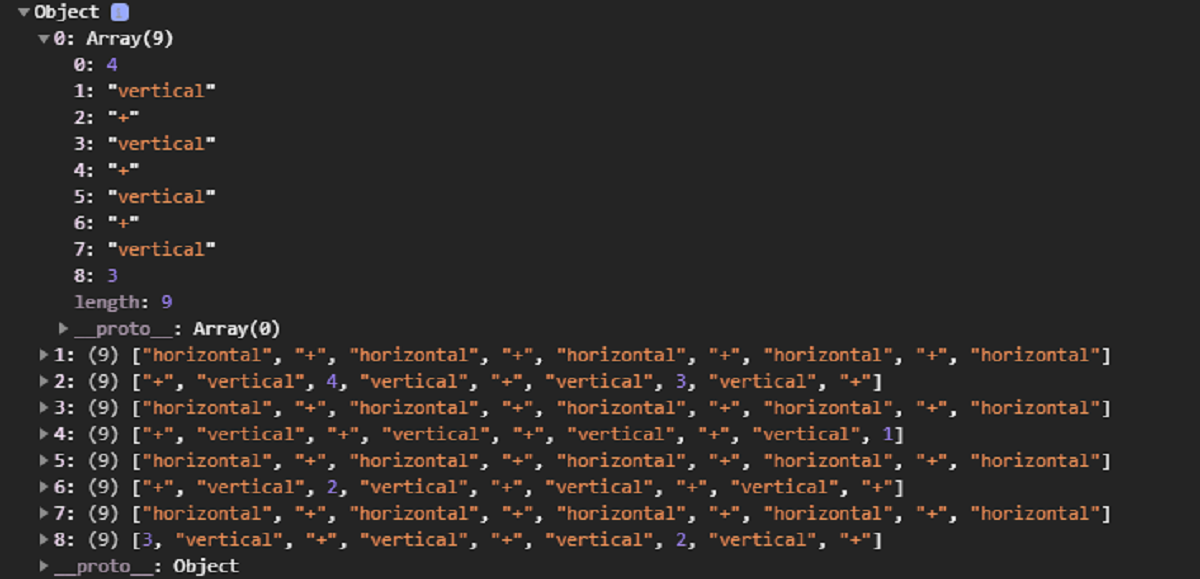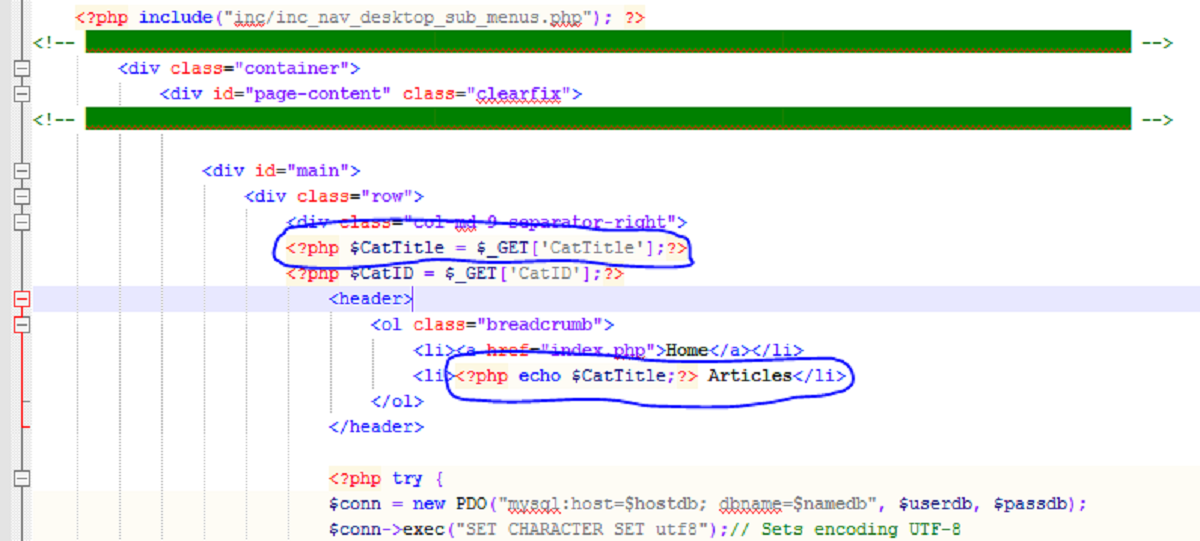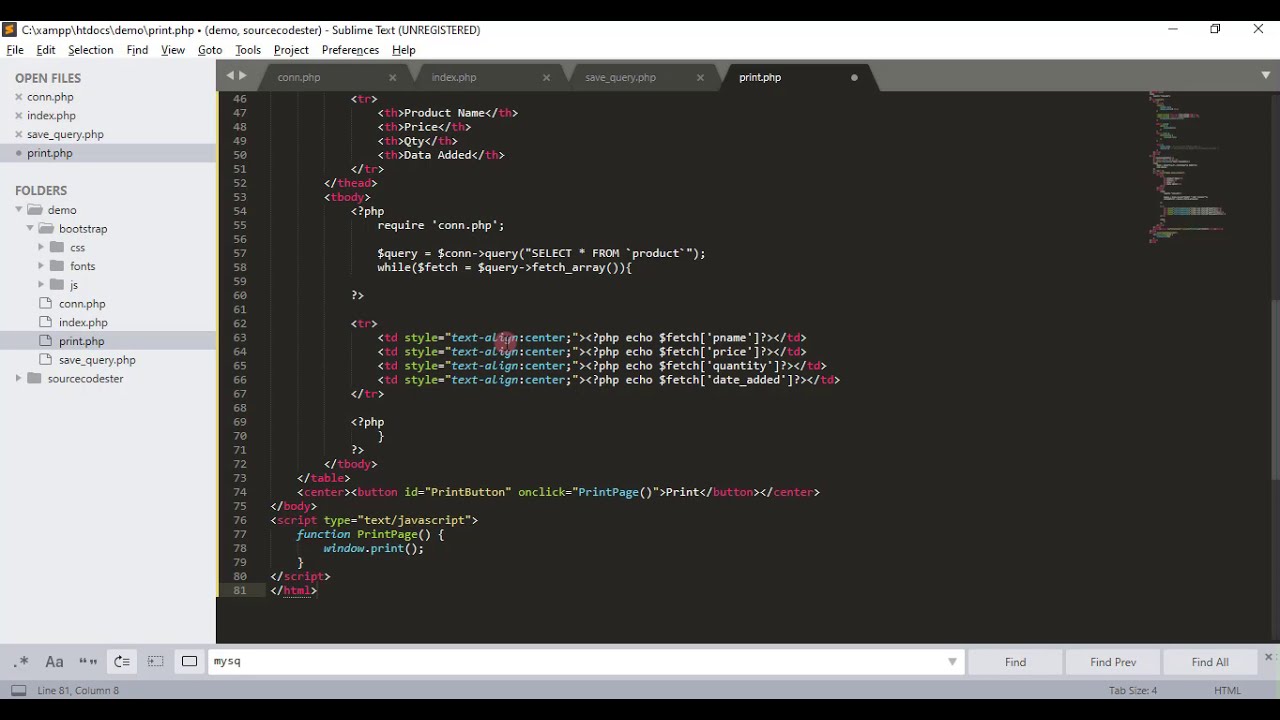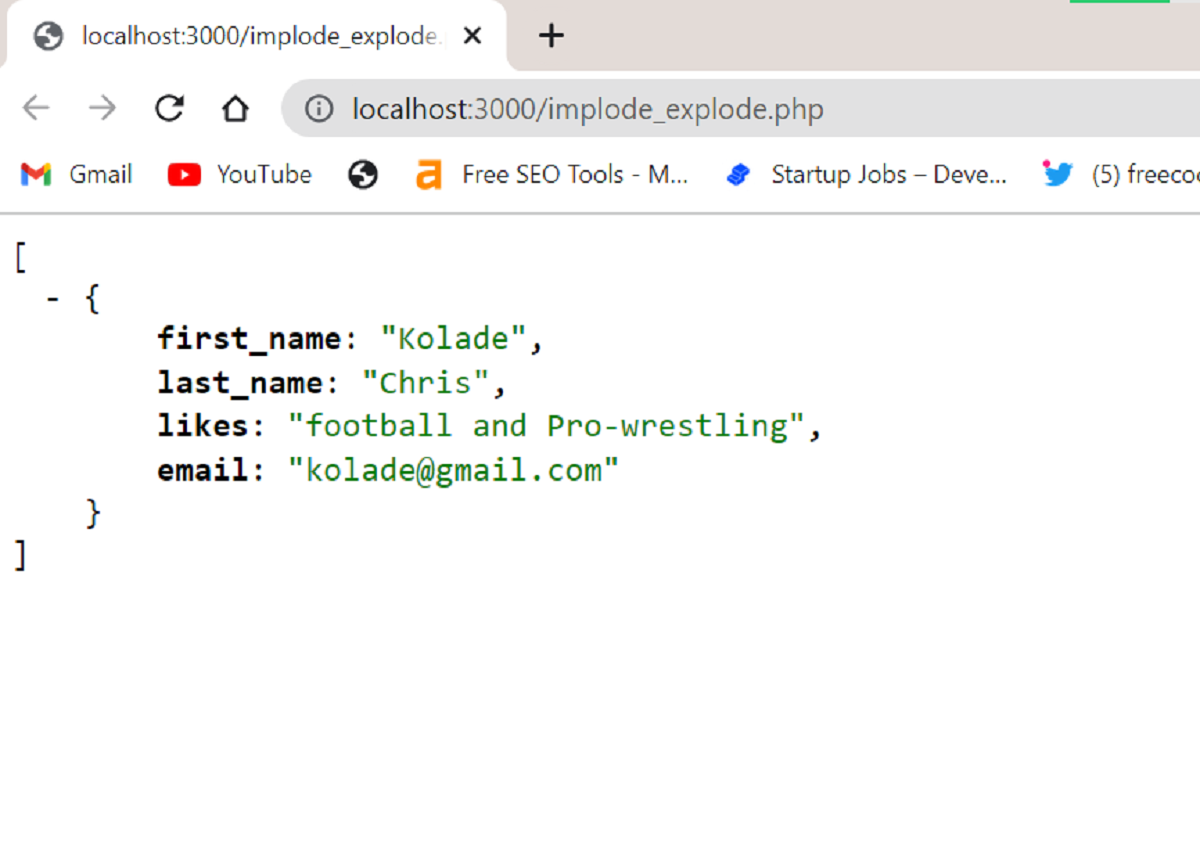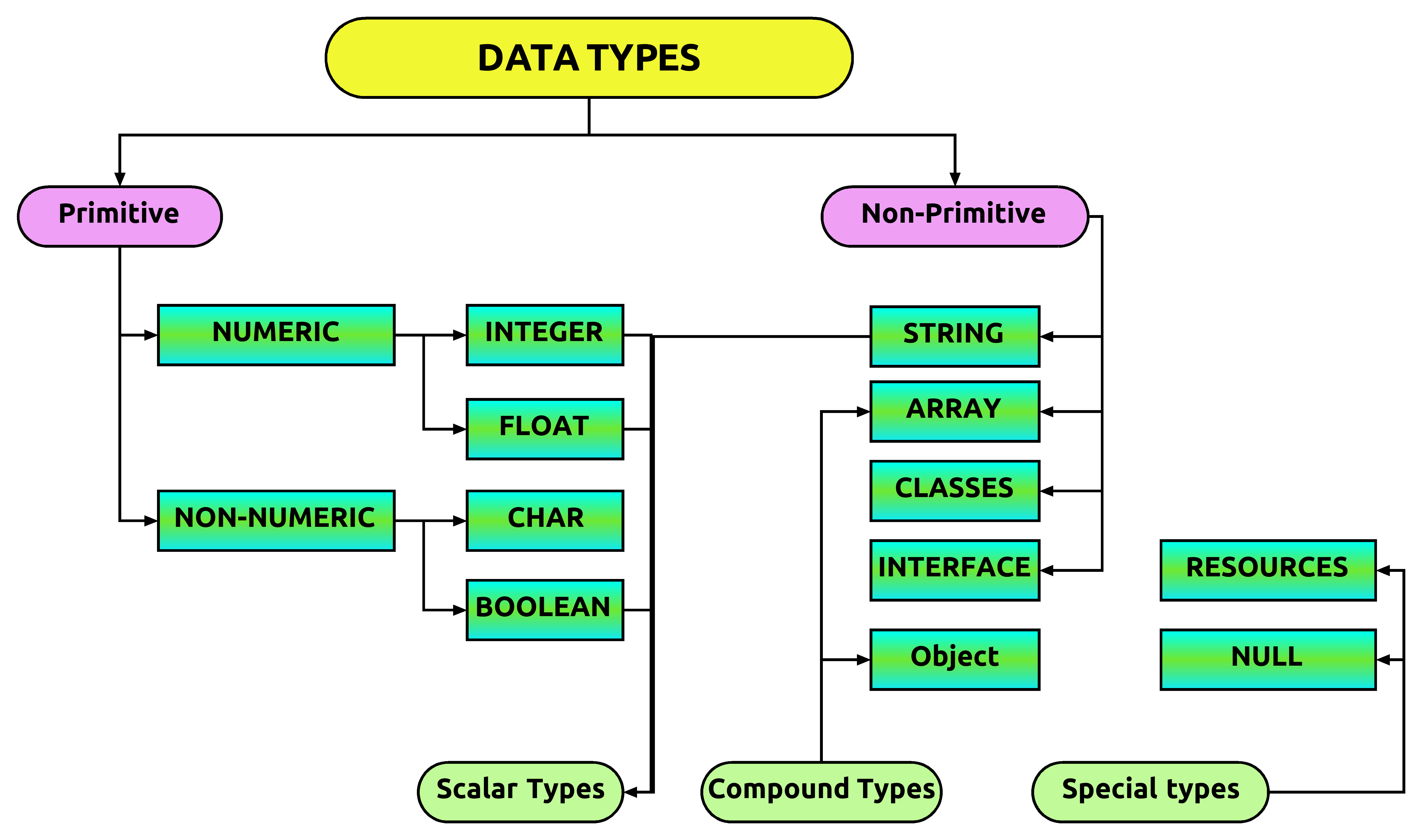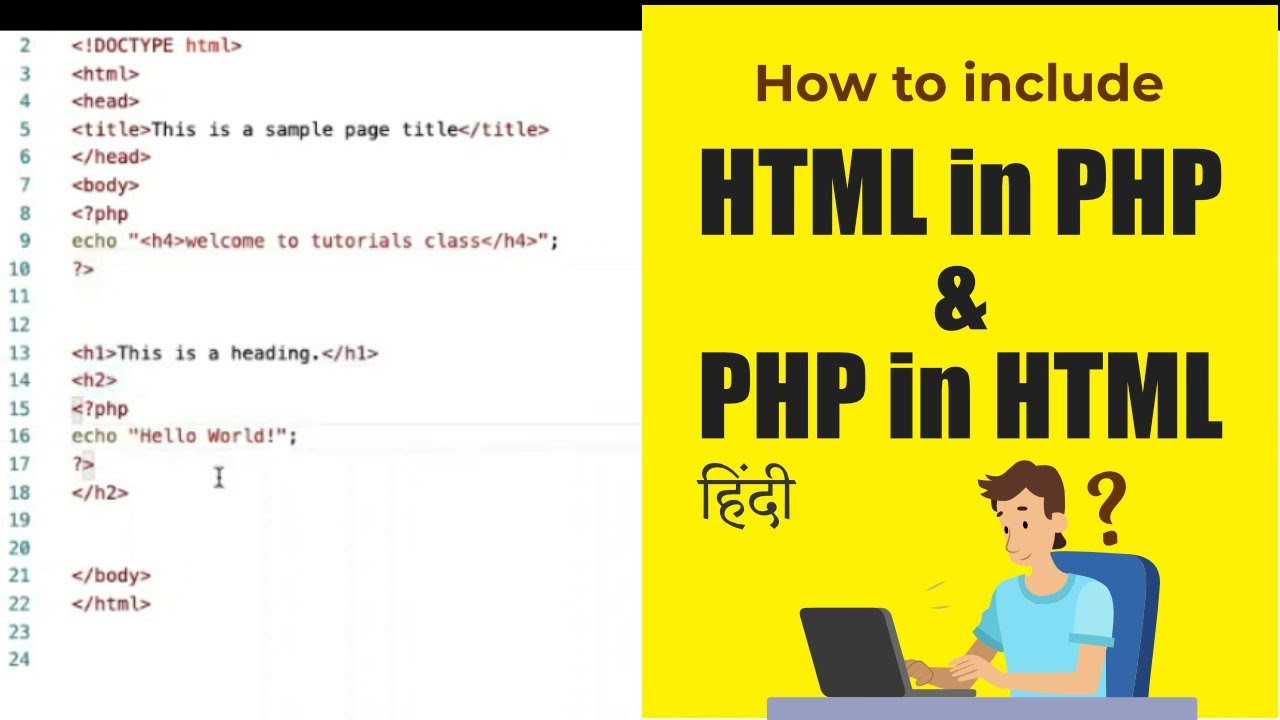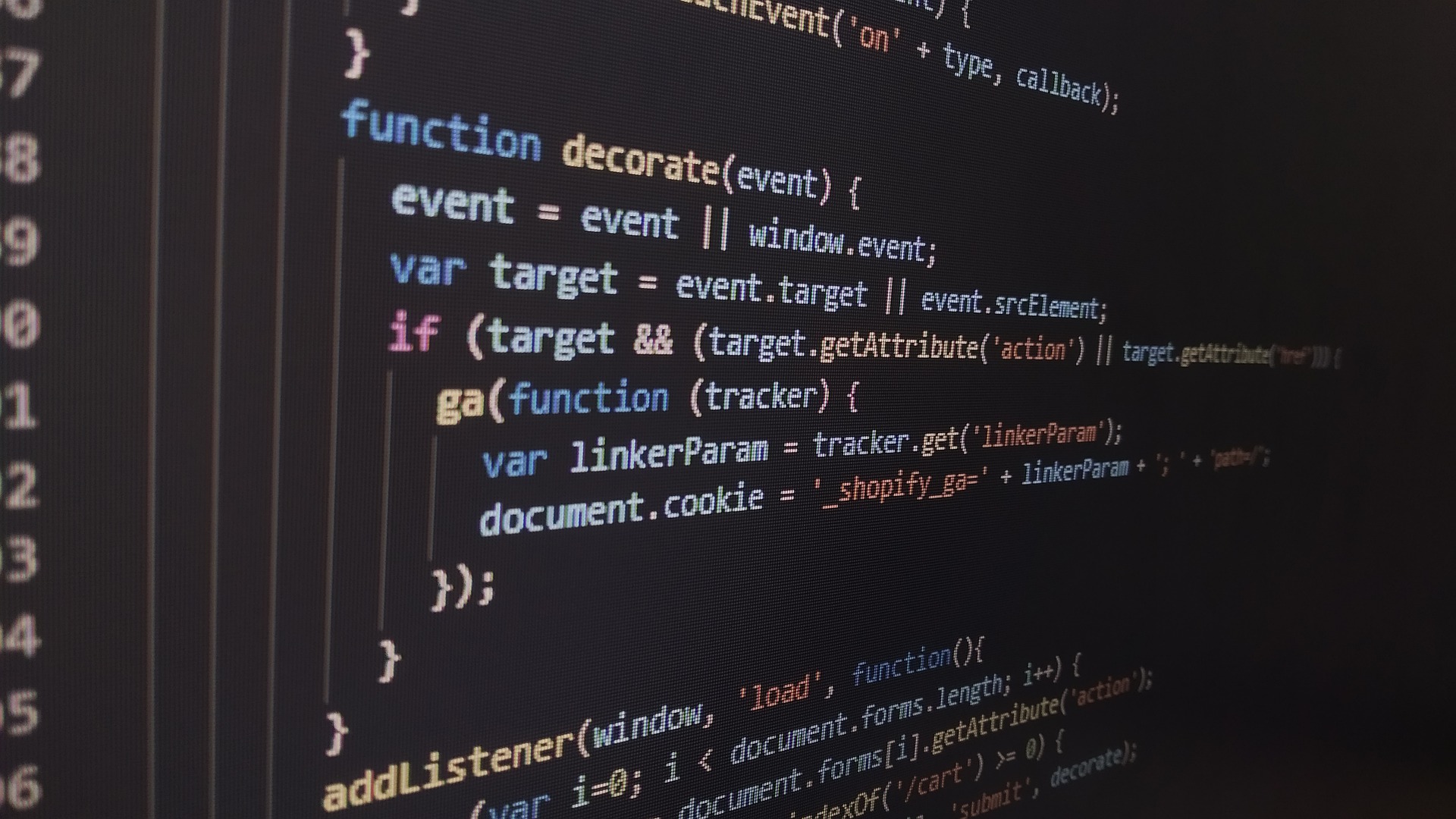Introduction
In the world of programming, concatenating strings is a common operation that allows you to combine multiple strings into one. In PHP, there are several methods you can use to achieve this. Whether you are building a dynamic web page, manipulating data, or simply displaying information, mastering the art of string concatenation is essential.
Concatenating strings in PHP involves merging two or more strings together to create a single string. This can be done using different techniques, including the concatenation operator, functions, or combining variables and strings. The method you choose will depend on your specific needs and preferences.
In this article, we will explore various ways to concatenate strings in PHP. We will cover the concatenation operator, the concate() function, the sprintf() function, combining variables and strings, and even concatenating strings inside an echo statement. By the end of this article, you will have a solid understanding of how to effectively manipulate and combine strings in PHP.
So, let’s dive in and discover the different techniques and approaches to concatenate strings in PHP, allowing you to enhance your programming skills and create more dynamic and interactive web applications!
Concatenating Strings using the concatenation operator
One of the simplest and most commonly used methods to concatenate strings in PHP is by using the concatenation operator (.), which is a period symbol. This operator allows you to join two or more strings together, resulting in a single combined string.
To concatenate strings using the concatenation operator, simply place the operator between the strings that you want to merge. For example:
php
$name = “John”;
$greeting = “Hello”;
$fullGreeting = $greeting . ” ” . $name;
echo $fullGreeting; // Output: Hello John
In the above example, the concatenation operator is used to combine the string variables `$greeting`, `” “`, and `$name` into a single string assigned to the variable `$fullGreeting`. The resulting string is then displayed using the `echo` statement.
You can also concatenate strings without using variables directly. For instance:
php
echo “Hello” . ” ” . “World”; // Output: Hello World
As shown above, the concatenation operator can be used to merge both string literals and variables together in a single statement.
It’s worth noting that the concatenation operator is left-associative, meaning that if you concatenate more than two strings, the operator will be evaluated from left to right. For example:
php
echo “Hello” . ” ” . “World” . “!”; // Output: Hello World!
In the above example, the strings `”Hello”`, `” “`, and `”World”` are concatenated first, resulting in `”Hello World”`. Then, the exclamation point `”!”` is added to the end of the string.
Using the concatenation operator is a straightforward and efficient way to concatenate strings in PHP. However, for more complex string operations or formatting, other methods such as using functions or sprintf() may be more suitable. We will explore these techniques in the following sections.
Concatenating Strings using the concate() function
In addition to the concatenation operator, PHP provides a built-in function called `concat()` that allows you to concatenate strings. This function takes multiple string arguments and returns the concatenated result.
To use the `concat()` function, you simply pass the strings you want to concatenate as separate arguments. Here’s an example:
php
$name = “John”;
$age = 30;
$details = concat(“Name: “, $name, “, Age: “, $age);
echo $details; // Output: Name: John, Age: 30
In the example above, the `concat()` function is used to combine the strings `”Name: “`, `$name`, `”, Age: “`, and `$age` into a single string assigned to the variable `$details`. The resulting string is then displayed using the `echo` statement.
You can pass any number of strings to the `concat()` function, and they will be concatenated in the order they are passed. Additionally, you can include string literals and variables within the function call.
It’s important to note that the `concat()` function requires PHP 8 or later versions. If you are using an earlier version of PHP, you can achieve the same result using the concatenation operator or other string manipulation functions.
Using the `concat()` function provides a convenient way to concatenate strings, especially when dealing with multiple arguments. This function can be particularly useful when you need to concatenate dynamic content, such as variable values or database retrieved data, in a formatted manner.
Now that you know how to use the `concat()` function, let’s explore another method of concatenation using the sprintf() function in PHP.
Concatenating Strings using the sprintf() function
In addition to the concatenation operator and the `concat()` function, PHP provides another powerful method for string manipulation called `sprintf()`. This function allows you to format and concatenate strings using placeholders and substitution values.
The `sprintf()` function works by taking a format string as the first argument, followed by the values to be substituted into the placeholders in the format string. The format string contains special placeholders that define the type and format of the values to be inserted.
Here’s a simple example to illustrate how to use the `sprintf()` function:
php
$name = “John”;
$age = 30;
$result = sprintf(“My name is %s and I am %d years old.”, $name, $age);
echo $result; // Output: My name is John and I am 30 years old.
In the above example, the format string is `”My name is %s and I am %d years old.”` with two placeholders `%s` and `%d`. The corresponding values `$name` and `$age` are substituted into the placeholders, resulting in the formatted string assigned to the variable `$result`. The `echo` statement displays the final concatenated string.
The `%s` placeholder is used for string substitution, while `%d` is used for replacing integers. There are also other placeholders available for different data types, such as `%f` for floats and `%b` for binary values.
By using `sprintf()`, you have more control over the formatting and can easily incorporate variables into specific positions within the string. This function is especially useful when you need to create complex strings with different data types and specific formatting requirements.
Now that you have learned about the `sprintf()` function, let’s move on to another technique of concatenating strings by adding variables and strings together.
Adding Variables and Strings Together
In PHP, you can also concatenate strings by directly adding variables and strings together using the addition operator (+). This method allows you to merge variables and string literals without explicitly using the concatenation operator or any special functions.
Here’s an example to demonstrate how you can add variables and strings together:
php
$name = “John”;
$age = 30;
$greeting = “Hello, ” . $name . “! You are ” . $age . ” years old.”;
echo $greeting; // Output: Hello, John! You are 30 years old.
In the example above, the variables `$name` and `$age` are concatenated with string literals using the addition operator. The resulting string is assigned to the variable `$greeting`, which is then displayed using the `echo` statement.
It’s important to note that when using the addition operator to concatenate variables and strings, PHP automatically converts the variables into strings before performing the addition. This allows you to seamlessly combine different data types into a single string.
Additionally, you can use shorthand assignment operators to add variables and strings together. For example:
php
$name = “John”;
$greeting = “Hello, “;
$greeting .= $name;
$greeting .= “!”;
echo $greeting; // Output: Hello, John!
In the code above, the `.=` operator is used to append the value of `$name` to the variable `$greeting`. This allows you to gradually build the final string by adding variables and strings together in multiple steps.
Using the addition operator and shorthand assignment operators provides a simple and intuitive way to concatenate strings in PHP, particularly when you need to combine variables and string literals in a flexible manner.
Now that you have explored various methods of concatenating strings, let’s move on to the next section to learn how to concatenate strings inside an echo statement.
Concatenating Strings Inside an Echo Statement
In PHP, you can directly concatenate strings inside an echo statement using the concatenation operator or variables. This method allows you to combine strings and variables seamlessly while outputting the result to the browser or the output stream.
Here’s an example to illustrate how to concatenate strings inside an echo statement:
php
$name = “John”;
$age = 30;
echo “Hello, ” . $name . “! You are ” . $age . ” years old.”; // Output: Hello, John! You are 30 years old.
In the above example, the variables `$name` and `$age` are concatenated with string literals using the concatenation operator inside the echo statement. The resulting string is directly outputted to the screen without the need for a separate variable.
You can also use variables directly inside the echo statement without concatenation:
php
$name = “John”;
$age = 30;
echo “Hello, $name! You are $age years old.”; // Output: Hello, John! You are 30 years old.
In the example above, the variables `$name` and `$age` are directly interpolated within the double-quoted string. PHP automatically substitutes the variables with their corresponding values when outputting the string.
Furthermore, you can use curly braces `{}` to enclose complex expressions or to disambiguate variables within the echo statement. For example:
php
$name = “John”;
$age = 30;
echo “Hello, {$name}! You are {$age} years old.”; // Output: Hello, John! You are 30 years old.
The curly braces ensure that the variables `$name` and `$age` are properly evaluated and inserted within the output string.
Concatenating strings inside an echo statement provides a concise and efficient way to output dynamically generated strings without the need for separate variables or intermediate steps.
Now that you have learned different techniques for concatenating strings in PHP, you are equipped with the knowledge to manipulate and combine strings effectively in your PHP projects.
Conclusion
Concatenating strings in PHP is a fundamental skill that every PHP developer should master. Whether you need to build dynamic web pages, manipulate data, or display customized information, understanding different methods of string concatenation allows you to create more flexible and interactive applications.
In this article, we explored various techniques for concatenating strings in PHP. We started with the concatenation operator, which is a simple and widely used method to merge strings together. Then, we delved into the `concat()` function, which provides flexibility when concatenating multiple strings with different data types.
We also covered the powerful `sprintf()` function, which allows for advanced string formatting and substitution. Additionally, we looked at how to concatenate strings by adding variables and strings using the addition operator, as well as directly concatenating strings inside an echo statement.
By understanding and utilizing these different methods, you can manipulate and combine strings according to your specific requirements, making your code more efficient, readable, and maintainable.
It’s important to choose the appropriate method for string concatenation based on your specific use case. Consider factors such as readability, performance, and the need for additional functionality like formatting and substitution.
With the knowledge gained from this article, you are now well-equipped to tackle string concatenation tasks in your PHP projects with confidence and efficiency.
Happy coding!







